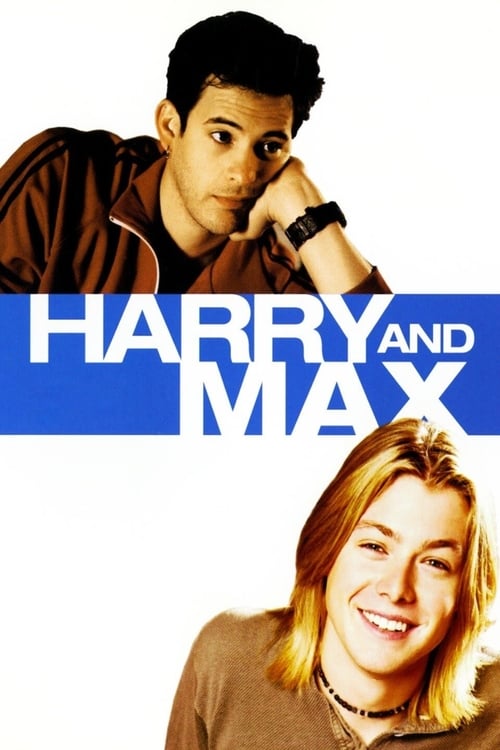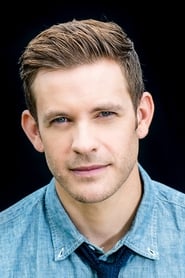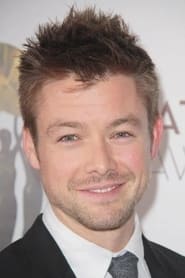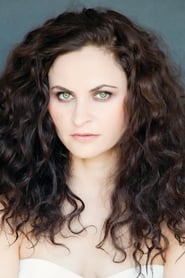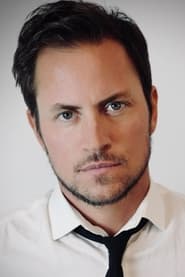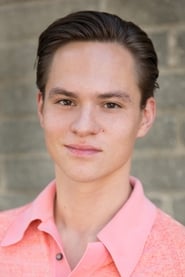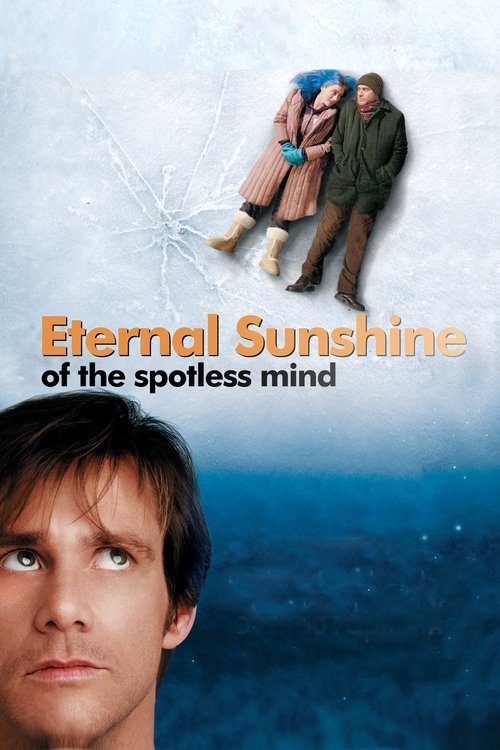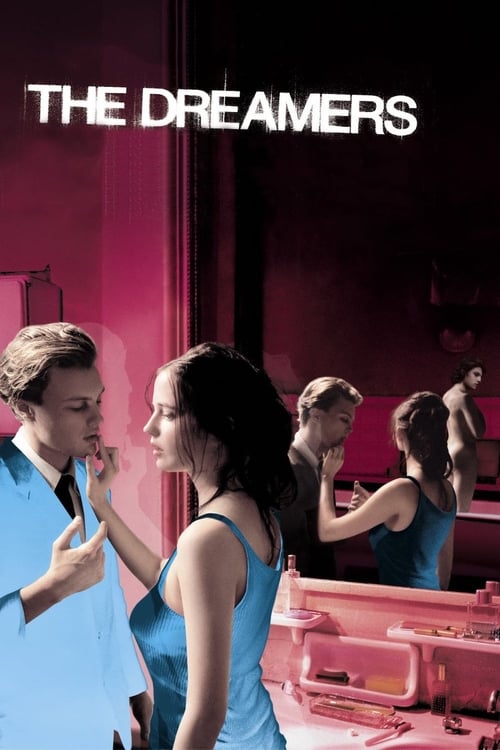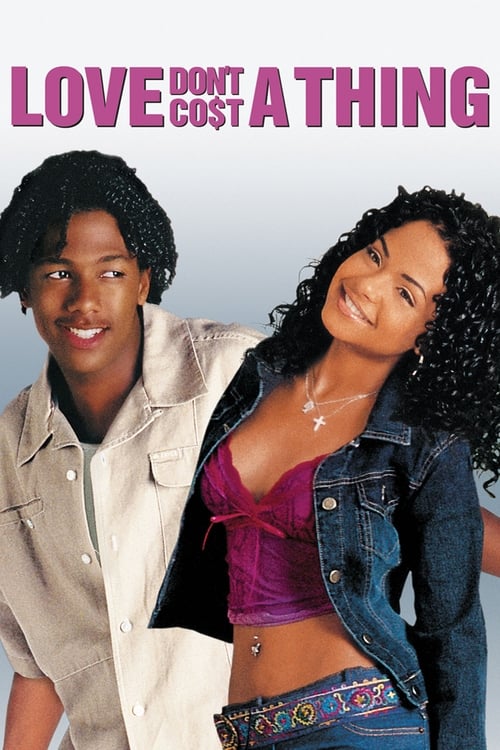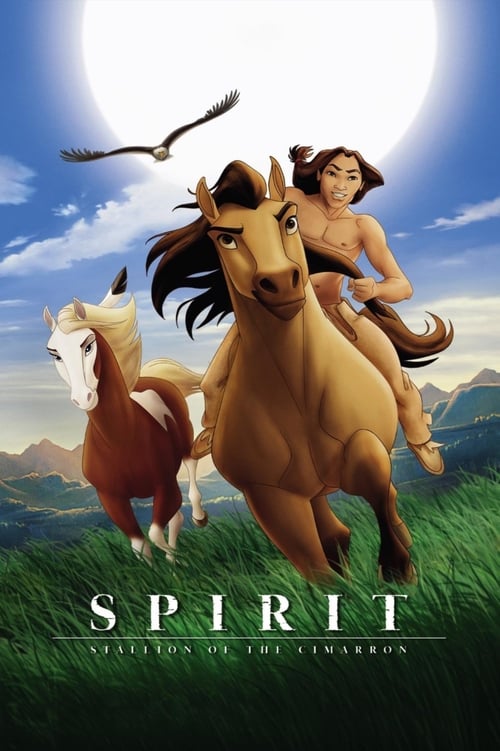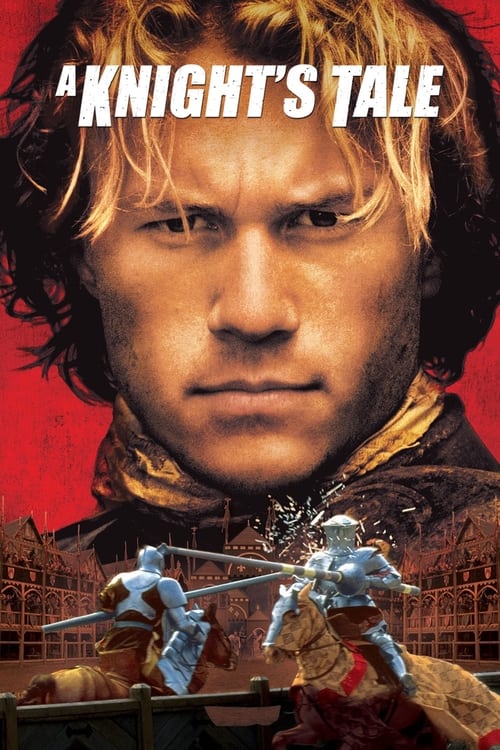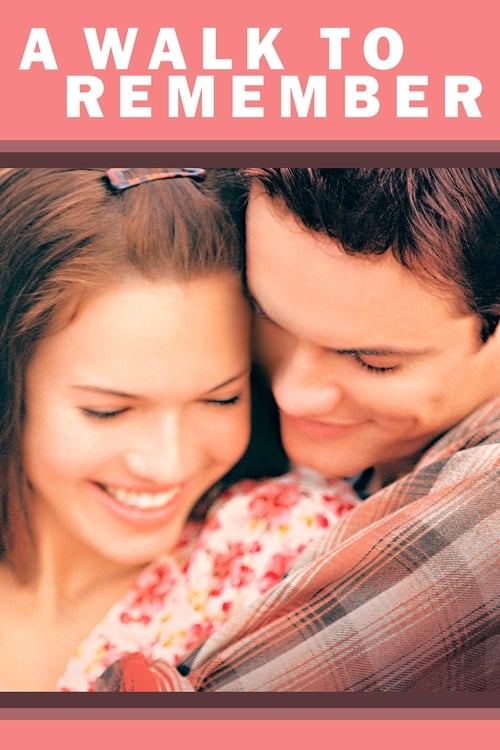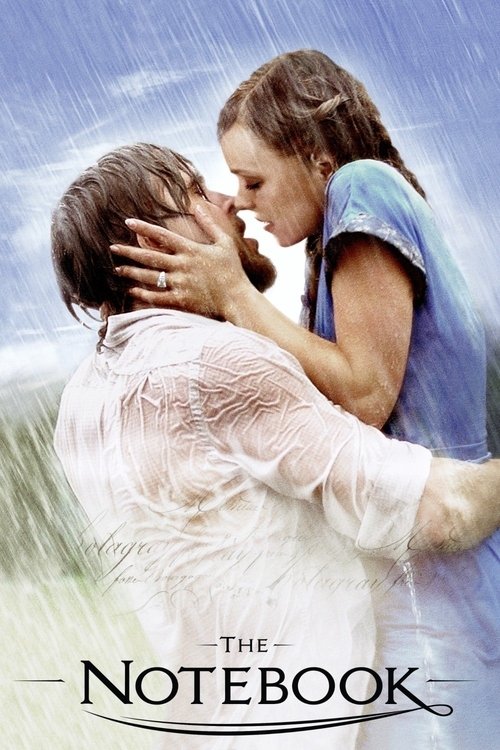
Ask Your Own Question
What is the plot?
The story of Harry and Max unfolds in the early 2000s, centered on two brothers navigating the turbulent waters of fame, family dysfunction, and a deeply complicated bond. Harry Banks, 23, once a shining star of a boy band, now faces the decline of his solo career. His younger brother Max, 16, is just beginning to rise as a pop idol, confident in his identity as a gay teenager. Their lives, though glittering on the surface, are shadowed by emotional scars and a past they cannot easily escape.
The film opens with Harry alone, a figure weighed down by the exhaustion of celebrity life and personal demons. His face is marked by weariness, his eyes reflecting a man who has seen too much and lost much more. Meanwhile, Max is introduced separately, vibrant and self-assured, unafraid to live openly as a gay youth in the spotlight. Their mother, a manipulative and self-serving woman played by Michelle Phillips, looms over their lives as a toxic force. She has exploited both sons for her own gain, weaving a web of control and emotional manipulation that has left deep wounds.
Though the film does not specify exact dates, the setting is firmly rooted in the contemporary world of early 2000s Los Angeles, where the brothers' careers and personal dramas unfold. Harry is preparing for a Japanese concert tour but detours to accompany Max on a long-promised camping trip in the San Gabriel Mountains, a remote wilderness area near Los Angeles. This trip, initially framed as a chance for brotherly bonding, soon becomes a crucible where buried tensions erupt.
As they drive into the wilderness, the easy camaraderie between them begins to crack. Max presses Harry about their past, especially about a family trip to Bermuda the previous year--a trip that holds a dark secret. During that trip, the brothers shared an incestuous sexual encounter, a moment both confusing and defining. Max, yearning to rekindle that intimacy, broaches the subject tentatively at first, then more insistently. Harry, however, recoils, his discomfort palpable. He insists, "It's wrong, Max. We can't go back there," his voice tight with conflict and guilt.
Their conversations are raw and charged, revealing layers of emotional dependency and confusion. Max's desire for closeness is not merely physical; he seeks a "happy family" unit that has eluded them both. Harry, struggling with his own identity, claims to be heterosexual but admits to engaging in same-sex acts as transactions within the cutthroat music industry. "I do what I have to do," he confesses bitterly, exposing the transactional nature of his relationships and the compromises he has made.
The camping site, with its natural isolation and quiet, becomes a stage for these fraught exchanges. Around the campfire, under the vast California sky, the brothers confront their past and each other. Max's emotional neediness surfaces in moments of vulnerability and anger. "Why won't you let me in, Harry? We're all we have," he demands, his voice cracking with desperation. Harry's resistance is firm but pained, a boundary he must hold to protect them both.
Their mother's shadow is never far. Harry confronts her in a tense phone call, accusing her of exploiting Max just as she did him. "You're ruining him, just like you ruined me," he says, his voice shaking with anger and sorrow. The mother's manipulations have left the brothers emotionally fractured, each trying to shield the other from her influence.
Meanwhile, secondary characters deepen the emotional landscape. Harry visits Nikki, his small-town ex-girlfriend, seeking a semblance of normalcy. Their reunion is bittersweet; Nikki's simple life contrasts starkly with Harry's chaotic world. "You don't have to live like this," she tells him softly, but Harry's entanglement with family and fame complicates any escape.
Max's relationship with Josiah, his older first lover, also reveals his struggle for emotional grounding. Their confrontation reflects Max's internal conflict between past experiences and his current emotional turmoil. Josiah's presence is a reminder of Max's youth and vulnerability amid the pressures of celebrity.
As the camping trip progresses, the tension between the brothers escalates. Max's repeated advances and emotional pleas culminate in a climactic confrontation. In a moment charged with both longing and pain, Max demands intimacy once more. Harry, after a long silence, finally states with quiet resolve, "I can't do this, Max. It's not right. We have to stop."
This rejection shatters Max, who breaks down emotionally, sobbing beneath the stars. The wilderness around them feels vast and indifferent, mirroring their isolation. Yet this painful moment also marks a turning point. The brothers recognize that their bond, as deep as it is, cannot be defined by their past mistakes or unhealthy dependencies.
The film's final scenes are quiet and somber. Harry and Max part ways, each carrying the heavy weight of their shared history but also a clearer understanding of their individual needs. Harry returns to Nikki, seeking the stability and normalcy he has long desired. Max is left alone to face his burgeoning fame and emotional struggles, a young man forced to grow up quickly in a world that has already taken too much from him.
There is no neat resolution or dramatic reconciliation. Instead, the film closes on a note of lingering uncertainty and emotional complexity. The brothers' complicated bond remains, marked by love, pain, and the scars of a dysfunctional family. The final images linger on their separate reflections, underscoring the lasting impact of childhood trauma and the difficult journey toward self-definition and healing.
No characters die in the film; the conflicts are psychological and emotional rather than physical. The story's power lies in its unflinching portrayal of taboo, vulnerability, and the corrosive effects of fame and family manipulation. Harry and Max ends with the quiet acknowledgment that some wounds may never fully heal, but setting boundaries is a painful, necessary step toward adulthood and survival.
More Movies Like This
Browse All Movies →What is the ending?
In the ending of "Harry and Max," Harry confronts his feelings for his younger brother Max, leading to a pivotal moment that changes their relationship. The film concludes with a sense of unresolved tension as Harry leaves, and Max is left to grapple with his emotions and the implications of their bond.
As the final scenes unfold, we find ourselves in a quiet, intimate setting where Harry and Max are alone together. The atmosphere is thick with unspoken words and lingering glances. Harry, who has been struggling with his feelings throughout the film, finally reaches a breaking point. He expresses his confusion and vulnerability, revealing the depth of his affection for Max. This moment is charged with emotion, as Harry's internal conflict comes to the forefront. He is torn between the love he feels for his brother and the societal norms that dictate their relationship.
Max, on the other hand, is caught off guard by Harry's admission. He has always looked up to Harry, and the revelation of Harry's feelings forces him to confront his own emotions. Max's youthful innocence clashes with the complexity of their relationship, and he is left feeling both flattered and overwhelmed. The tension between them escalates as they navigate this new territory, filled with both love and confusion.
As the conversation deepens, Harry's frustration boils over. He feels trapped by his feelings and the expectations placed upon him. In a moment of desperation, he decides to leave, believing that distance might help him sort through his emotions. This decision is heartbreaking, as it signifies a retreat from the connection they have shared. Harry's departure is filled with a sense of loss, as he walks away from the bond that has defined their lives.
Max is left standing alone, grappling with the weight of what has just transpired. The camera lingers on his face, capturing the mix of emotions that play across it--confusion, sadness, and a hint of longing. He watches Harry leave, feeling the void that his brother's absence creates. The ending leaves Max in a state of uncertainty, as he must now navigate his feelings without Harry's presence.
The film concludes with a poignant silence, emphasizing the unresolved nature of their relationship. The audience is left to ponder the implications of their bond and the complexities of love and family. Harry and Max's journey ends not with clear resolutions but with an open-ended exploration of their connection, leaving both characters at a crossroads in their lives.
Is there a post-credit scene?
The movie "Harry and Max," produced in 2004, does not contain a post-credit scene. The film concludes its narrative without any additional scenes or content after the credits roll. The story focuses on the complex relationship between the two brothers, Harry and Max, exploring themes of love, jealousy, and the struggles of growing up in the shadow of fame. The emotional weight of their journey is encapsulated within the main film, leaving no further scenes to explore after the credits.
What is the relationship between Harry and Max?
Harry and Max are brothers, with Harry being the older sibling and Max the younger. Their relationship is complex, marked by a mix of affection, rivalry, and deep emotional connection. As they navigate their lives, their bond is tested by personal struggles and the pressures of their respective identities.
How does Harry's career as an actor affect his relationship with Max?
Harry's career as a successful actor creates a significant dynamic in his relationship with Max. Harry's fame and the attention it brings often overshadow Max, leading to feelings of jealousy and inadequacy in Max. This tension is compounded by Harry's attempts to protect Max from the harsh realities of the entertainment industry.
What internal conflicts does Max face throughout the film?
Max grapples with his identity and self-worth, feeling overshadowed by Harry's success. He struggles with his own aspirations and desires, often feeling lost and unsure of his place in the world. This internal conflict is exacerbated by his complicated feelings towards Harry, oscillating between admiration and resentment.
How does the film portray the theme of sibling rivalry?
The film explores sibling rivalry through the contrasting paths of Harry and Max. Harry's success creates a competitive atmosphere, leading to moments of tension and conflict. Their rivalry is not just about fame but also about love and attention from their family, which adds layers to their interactions and emotional struggles.
What pivotal moments define the turning point in Harry and Max's relationship?
Several pivotal moments define the turning point in Harry and Max's relationship, including a confrontation where Max expresses his feelings of inadequacy and jealousy. Another significant moment occurs when Harry realizes the impact of his actions on Max's emotional state, prompting him to reassess his priorities and the way he interacts with his brother.
Is this family friendly?
"Harry and Max," produced in 2004, is not considered family-friendly due to its exploration of complex themes and relationships. The film delves into the emotional and psychological dynamics between the two brothers, which can be intense and challenging for younger audiences.
Potentially objectionable or upsetting aspects include:
-
Sexual Themes: The film includes discussions and implications of sexual relationships, particularly involving the older brother, Harry, which may be inappropriate for children.
-
Emotional Turmoil: The characters experience significant emotional struggles, including feelings of jealousy, insecurity, and longing, which may be difficult for sensitive viewers to process.
-
Family Conflict: There are scenes that depict tension and conflict within the family, showcasing the complexities of sibling relationships that may be unsettling.
-
Substance Use: The film touches on themes of substance use, which could be concerning for younger viewers.
-
Mature Language: The dialogue includes mature language that may not be suitable for children.
Overall, the film's exploration of adult themes and emotional depth makes it more appropriate for mature audiences.

